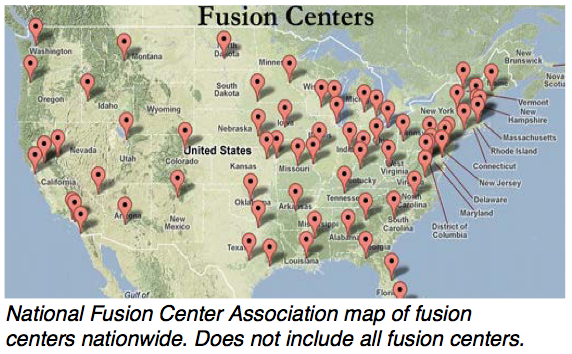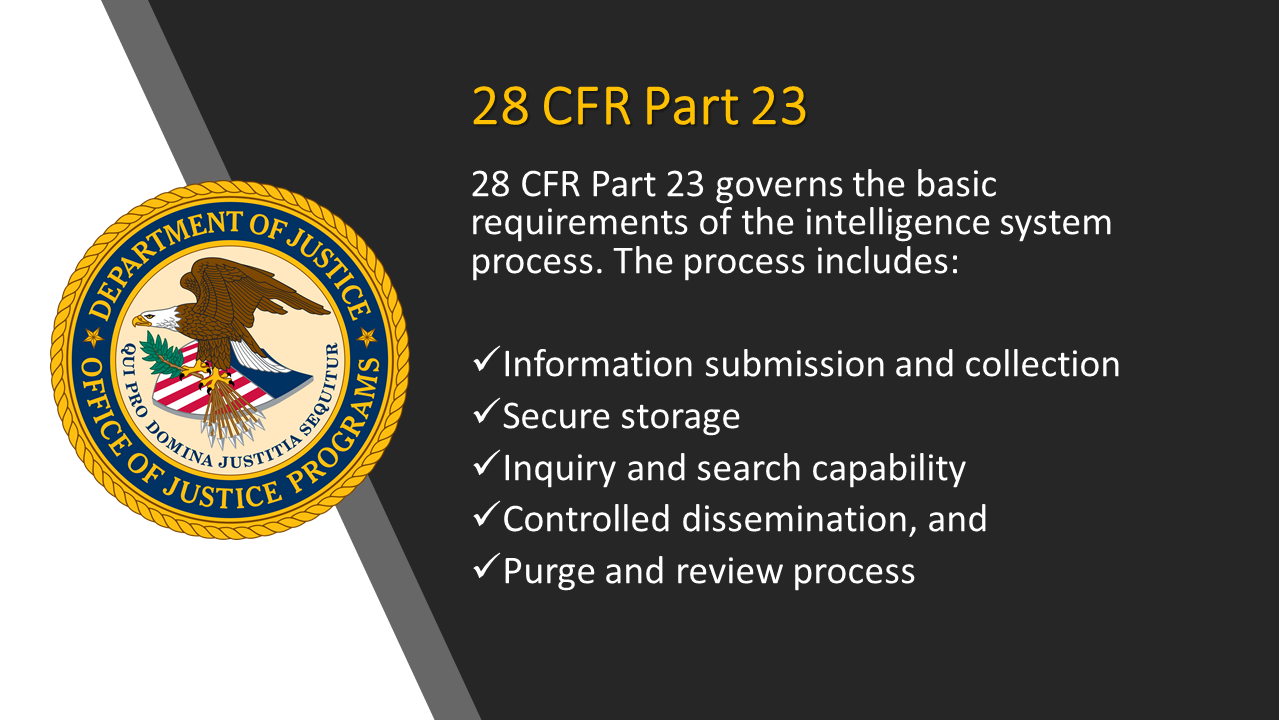Posted by Douglas Wood, CEO of Case Closed Software – a leader in investigation software and analytics for law enforcement.
Headquartered here in Central Texas, I recently had an opportunity to have coffee with Dr. Sarah Brayne, Assistant Professor, Department of Sociology at The University of Texas at Austin. Ms. Brayne had just published an interesting article in The American Sociological Review. The article is titled Big Data Surveillance: The Case of Policing.
The article examines the intersection of two emerging developments: the increase in surveillance and the massive exploration of “big data.” Drawing on observations and interviews conducted within the Los Angeles Police Department, Sarah offers an empirical account of how the adoption of big data analytics does—and does not—transform police surveillance practices.
She argues that the adoption of big data analytics facilitates may amplify previous surveillance practices, and outlines the following findings:
- Discretionary assessments of risk are supplemented and quantified using risk scores.
- Data tends to be used for predictive, rather than reactive or explanatory, purposes. (Here, Crime Tech Weekly would want to differentiate between predictive analytics and investigation analytics)
- The proliferation of automatic alert systems makes it possible to systematically surveil an unprecedentedly large number of people.
- The threshold for inclusion in law enforcement databases (gang databases, criminal intelligence data, etc) is lower, now including individuals who have not had direct police contact. (Here again, Crime Tech Weekly would point out that adherence to criminal intelligence best practices vastly reduces this likelihood)
- Previously separate data systems are merged, facilitating the spread of surveillance into a wide range of institutions.
Based on these findings, Sarah develops a theoretical model of big data surveillance that can be applied to institutional domains beyond the criminal justice system. Finally, she highlights the social consequences of big data surveillance for law and social inequality.
The full PDF report can be downloaded via Sage Publishing by clicking here. Or, if you have general comments or questions and do not wish to download the full version, please feel free to contact us through the form below. Crime Tech Weekly will be happy to weigh in.
[contact-form][contact-field label=”Name” type=”name” required=”1″ /][contact-field label=”Email” type=”email” required=”1″ /][contact-field label=”Website” type=”url” /][contact-field label=”Comment” type=”textarea” required=”1″ /][/contact-form]
 The notion that law enforcement fusion centers regularly violate individuals’ privacy rights as they capture intelligence on gangs, terrorist activities, organized crime, and other threats to public safety is simply not true. That, according to a study published in the
The notion that law enforcement fusion centers regularly violate individuals’ privacy rights as they capture intelligence on gangs, terrorist activities, organized crime, and other threats to public safety is simply not true. That, according to a study published in the  There are approximately 80 fusion centers in the United States. They were created in response to the 9/11 terrorist attacks. The attacks exposed the requirement for greater information sharing and improved intelligence capabilities at all law enforcement levels. According to the article’s author, the idea was to have the key pieces of data funneled into fusion centers so that highly trained analysts could stay atop of threats and correspond with local law enforcement agencies on these potential threats.
There are approximately 80 fusion centers in the United States. They were created in response to the 9/11 terrorist attacks. The attacks exposed the requirement for greater information sharing and improved intelligence capabilities at all law enforcement levels. According to the article’s author, the idea was to have the key pieces of data funneled into fusion centers so that highly trained analysts could stay atop of threats and correspond with local law enforcement agencies on these potential threats. The notion that law enforcement fusion centers represent ‘Big Brother’, and that data is being stored and disseminated about people irrespective of whether they are suspected of criminal activity is simply wrong, according to Professor Carter.
The notion that law enforcement fusion centers represent ‘Big Brother’, and that data is being stored and disseminated about people irrespective of whether they are suspected of criminal activity is simply wrong, according to Professor Carter. “Fusion centers are following the federal regulatory code, 28 CFR Part 23, that is the legal standard for collecting information,” Carter said. “That code says you have to establish a criminal predicate, basically probable cause, to keep information on identifiable individuals.”
“Fusion centers are following the federal regulatory code, 28 CFR Part 23, that is the legal standard for collecting information,” Carter said. “That code says you have to establish a criminal predicate, basically probable cause, to keep information on identifiable individuals.” Crime Tech Solutions
Crime Tech Solutions